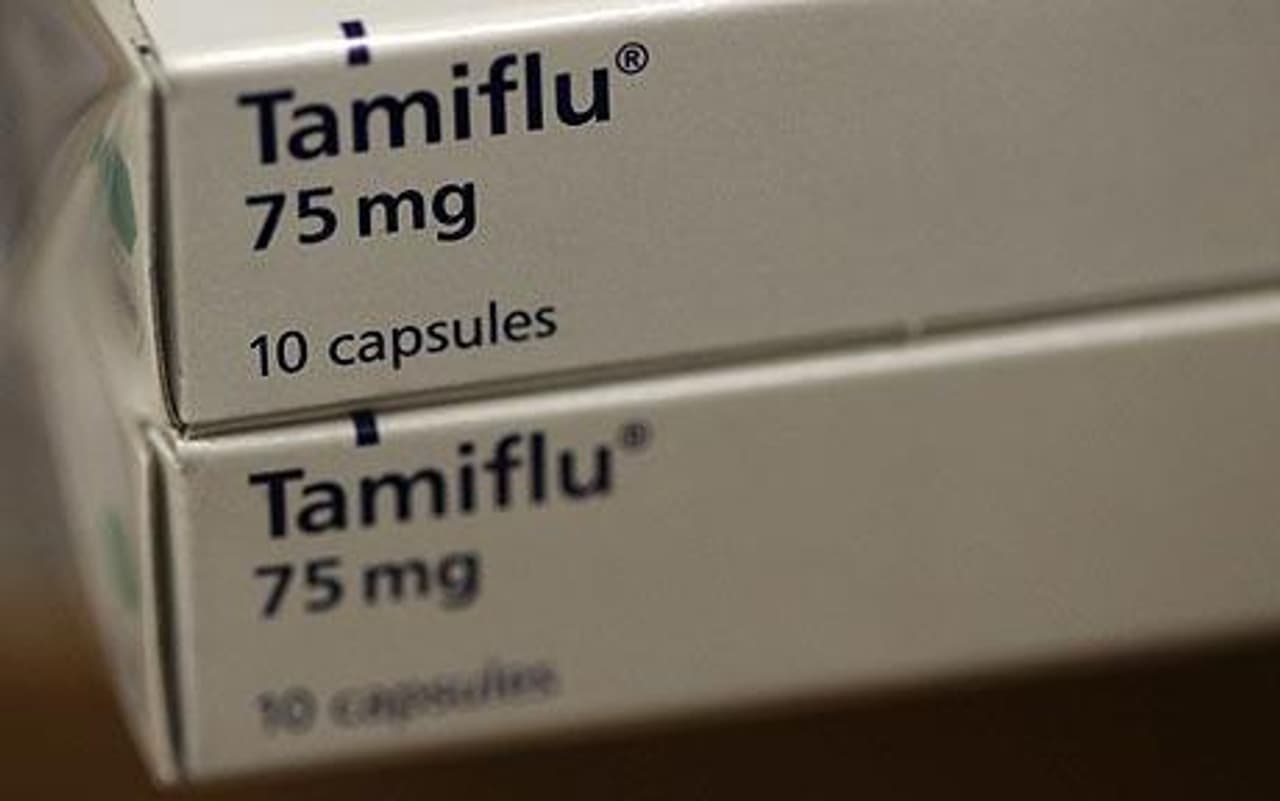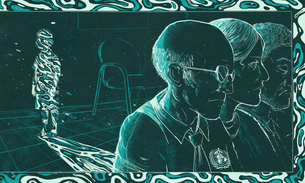
WHO swine flu advisors had links to drug companies
The World Health Organisation has come under fire for its handling of the recent global influenza pandemic.
A joint investigation by the Bureau of Investigative Journalism and the British Medical Journal (BMJ) has revealed that key scientists advising the WHO on pandemic influenza had financial links to the drug companies which stood to profit from the organisation’s decisions.
But, despite strict internal rules on conflicts of interest, the WHO did not declare these links. As a result, in part, of the WHO guidelines, billions were spent on antivirals, many of which now lie unused and nearing expiry.
The Bureau’s findings came as a Council of Europe report criticised the WHO for “grave shortcomings” in the “transparency of its decision-making processes” during the recent influenza pandemic, risking a “disastrous plummet in public confidence” when the next pandemic strikes.
Paul Flynn, MP and author of the report, raised concerns about the influence wielded by pharmaceutical companies over the WHO: an organisation designed to be independent.
“The role of the WHO is supreme,” he told the Bureau. “They’re the ones who declare the pandemic…all the countries in the world are listening to them and following their advice. If that advice is tainted by commercial needs, that advice is of no value.”
Pandemic preparations
In 2004, the WHO issued guidelines to countries on preparing for a major influenza pandemic. They predicted that the next pandemic would “be associated with a high death toll”, and urged nations to stockpile antivirals to treat the disease.
These antivirals were Tamiflu, produced by Roche, and Relenza, made by GlaxoSmithKline.
The guidelines were distributed throughout the world and prompted mass sales of the drugs: since 2004 orders of Tamiflu topped ten billion dollars, while sales of Relenza reached two billion dollars.
Sales peaked during last year’s swine flu outbreak, with over $2.7 billion being spent on Tamiflu alone.
Commercially influenced decisions?
The Bureau and BMJ can reveal that the three key scientists advising the WHO for their 2004 guidelines had, at that time, clear financial links to Roche and GlaxoSmithKline.
Despite risks of commercial influence, the scientists were engaged by the world health organisation to provide authority for the recommendations outlined in the guidelines.
In addition, the WHO did not declare any conflicts of interest.
Professors Frederick Hayden, Arnold Monto, and Karl Nicholson, who prepared the annexes for the guidelines, had been paid consultants and speakers for the companies.
Professor Hayden, a respected US virologist, produced a section on the benefits of antiviral drugs and the need for global stockpiles. But Hayden was receiving funds from Roche until late 2004.
In a press conference last year, he revealed: “I actually was an investigator and at one time a paid consultant for Roche and some other companies also including GSK and others that were involved in antiviral and drug or vaccine development.”
Professor Karl Nicholson, based at the University of Leicester, produced a section describing the potential dangers of pandemic flu.
In a 2003 academic paper, Nicholson declared previous funding from Roche and GSK. He had received consultancy and speaking fees, in addition to research funding, from both companies.
The third advisor, Professor Arnold Monto, of the University of Michigan, produced the section of the guidelines that discussed the need for, and difficulties in, producing vaccines.
But in 2004, the same year that the guidelines were produced, Monto declared a “professional relationship” with Roche.
WHO response
The WHO told the Bureau that a declaration of interest statement relating to its 2004 antiviral and vaccine guidelines had been taken.
Greg Hartl, WHO spokesman, emphasized that the WHO had procedures to ensure “robustness” of its guidelines, and that the organisation has a “personal commitment to transparency”.
But Director General Margaret Chan’s office has refused to release any details of the 2004 declarations that they say were taken. Hartl gave the explanation that: “We have to balance…the privacy of the individual versus the robustness of the guidelines.”
Critics were unconvinced. Sir Iain Chalmers, editor of the James Lind Initiative and medical expert, said:
“If I don’t understand what competing interests might have influenced the way that they came out, then it’s of no interest to me at all that Margaret Chan knows what they are. I need to know as the customer for her products. And her products are guidelines.”
Reporter: Dr Deborah Cohen (British Medical Journal). Producer: Phillip Carter. Editor: Andy Kemp, Researcher: Emma Slater, additional research: Adele Waters. Directed and filmed by Chris Woods. Executive Producer: Iain Overton.




